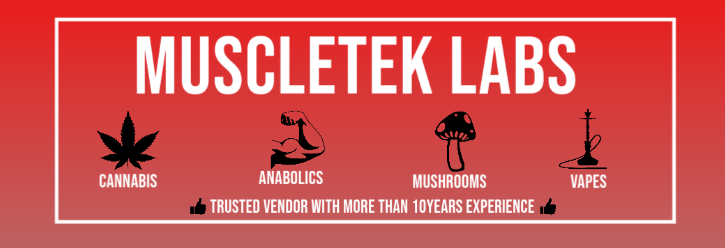Dark web bitcoin: UK crime agency calls for regulation of money laundering ‘crypto mixers’

The UK’s crime agency has called for the regulation of a cryptocurrency technology that can disguise transactions on the blockchain and facilitate anonymous movements of dark web bitcoin (BTC-USD).
These applications, called “decentralised crypto mixers” are enabling criminals operating on the dark web to avoid detection when laundering money.
The open-source programmes have flourished in recent months and have become a hotbed for darknet criminals moving money from nefarious activities.
Tax dodgers have also flocked to these mixers to obfuscate crypto transactions leading to calls for a regulatory crackdown in the UK.
Now, the National Crime Agency (NCA) has called for regulation of this technology that is used to intertwine several transactions and makes it much harder to trace payments in bitcoin and other cryptocurrencies.
Gary Cathcart, head of financial investigation at the NCA told the Financial Times: “They can be used to provide a ‘layering’ service, churning criminal cash, obscuring its origins and audit trail, similar to how a cash business might be used by criminals to legitimise cash through the banking system.”
The UK’s crime agency said regulation would force mixers to comply with money laundering laws.
Those operating mixer technology would be obliged to perform customer checks and audit transactions passing through their platforms.
Transactions on blockchains are normally easy to track because of the nature of the technology, which is publicly visible on a distributed ledger.
However, the advent of mixers, or tumblers, allows for completely anonymous movements of cryptocurrencies.
The open-source software can be used to obscure who sends what to whom by jumbling up cryptocurrencies in private pools before releasing them to an intended recipient.
The recipient will receive their bitcoin, not from a sender wallet as is normally the case, but from a kind of mixing black box that contains a multitude of bitcoin from many different wallets.
It then becomes extremely difficult to detect which cryptocurrency payment was sent from one wallet to another.
What makes these open source applications difficult to regulate, is that they are not centralised and the actual application is decentralised on the blockchain.
There are centralised mixers, such as Blender.io, and these companies could give up their records in an audit and reveal users’ interconnected transactions.
Generally, monetary movements on blockchains are much more retrievable than through traditional means.
Anyone can check a blockchain explorer application and discover a watertight record of all the bitcoin transactions ever processed since it was first conceived in January 2009.
Found this interesting? Then check our main news page where you can find all articles related to Crypto, Crime, Darknet, Security and much more!




















